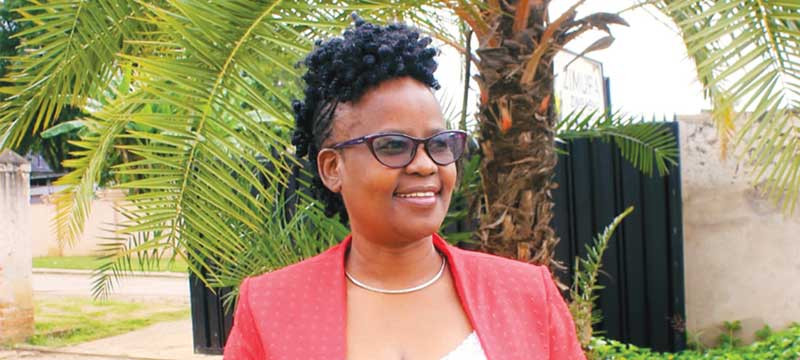
ZIMURA executive director Polisile Ncube-Chimhini says artists will continue to receive royalties in local currency because the majority of local users still paying subscriptions in local currency.
This decision was in response to recent questions from artists regarding the currency of their royalty payments.
Ncube-Chimhini explained that the rationale behind paying royalties in Zimbabwean dollar is to maintain a consistent benchmark for licensing fees, despite tariffs being set in foreign currency.
However, this approach has raised concerns about the impact of Zimbabwe's volatile economy on artists' livelihoods, given the high inflation rates and fluctuating value of the local currency.
“Many artists are expecting to receive royalties in US dollars. However, this is currently not feasible as most local music users pay in local currency,” she said.
“Therefore, we pay royalties in the same currency received from music users. Some artists express dissatisfaction with the amounts they earn.
“Due to the volatility of the currency, their earnings often diminish before they receive them. Zimura distributes in the currency that royalties are received.
“For local broadcasting stations payments were done in ZWL yet payments for digital platforms were done in US dollars.
- One stitch in time saves nine
- Wages top agenda as TNF meets
- The hits and misses of 2022 (II)
- Future of financial markets: Is the Zimdollar a threat?
Keep Reading
“Inflation and the ever-changing forex exchange rates are Zimura's major challenges.”
With these concerns in mind, Zimura will be hosting an orientation meeting in Bulawayo on December 11 to address the issue of royalty payments and engage in open discussion with artists.
The goal of the meeting is to find solutions that ensure fair compensation for artists while navigating the complexities of the current economic climate.
“In 2023, we welcomed 489 new members, with 99 of them originating from Bulawayo,” Ncube-Chimhini said.
“These numbers encompass individuals from both Bulawayo and the Matabeleland North and South provinces.
“This meeting aims to include artists from all Matabeleland provinces, as it is the final workshop scheduled for this year.”
Asked if they had faced any other challenges while executing their duties, she said: “We encounter challenges where individuals upload musical works that do not belong to them on digital stores and their personal digital channels,” she said.
“As a result, rightful copyright owners do not receive compensation for streams or downloads of their works.
“Furthermore, the vast user bases and global reach of social media platforms make it difficult to monitor and control unauthorised sharing of copyrighted music.”
“With millions of users uploading and consuming content daily, promptly identifying and removing infringing material becomes challenging.
“Additionally, music file sharing is widespread across various platforms, facilitated by pirate applications and software solutions.”







